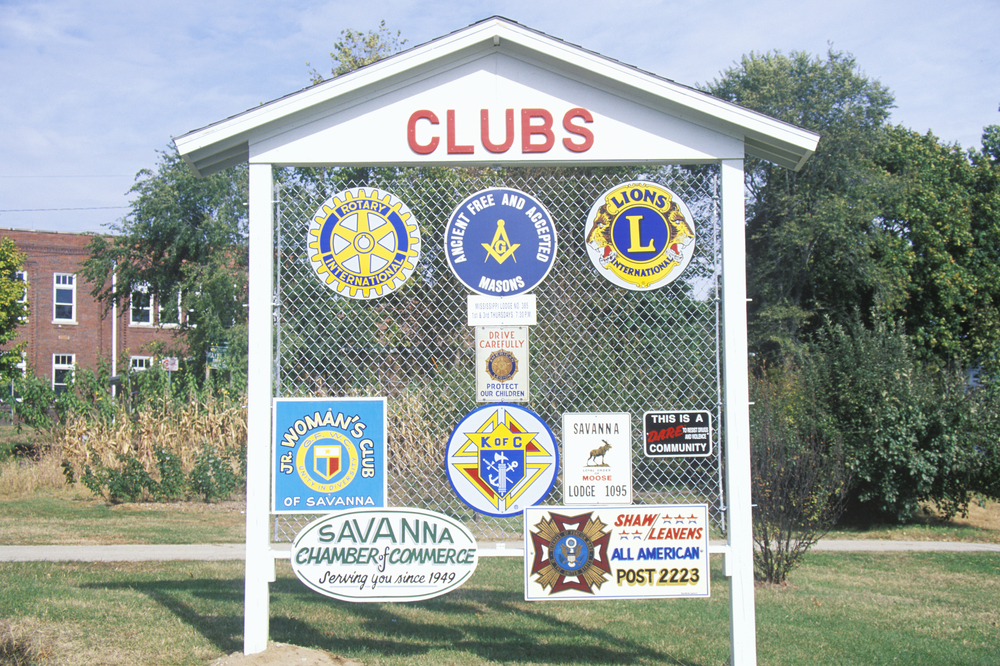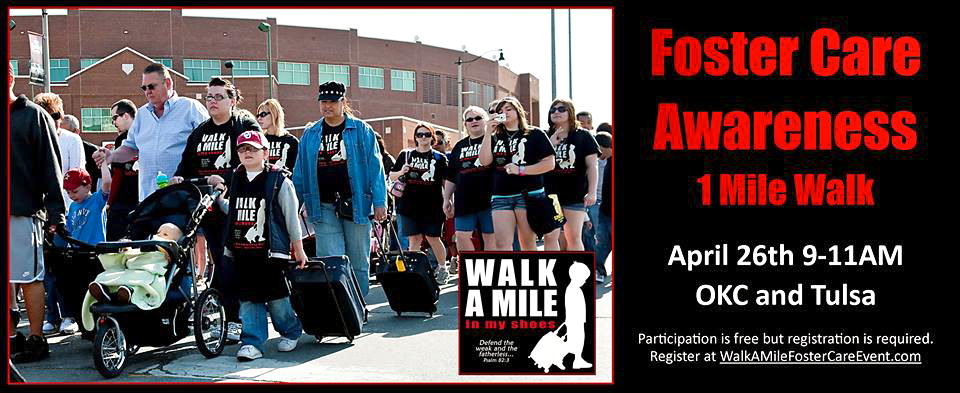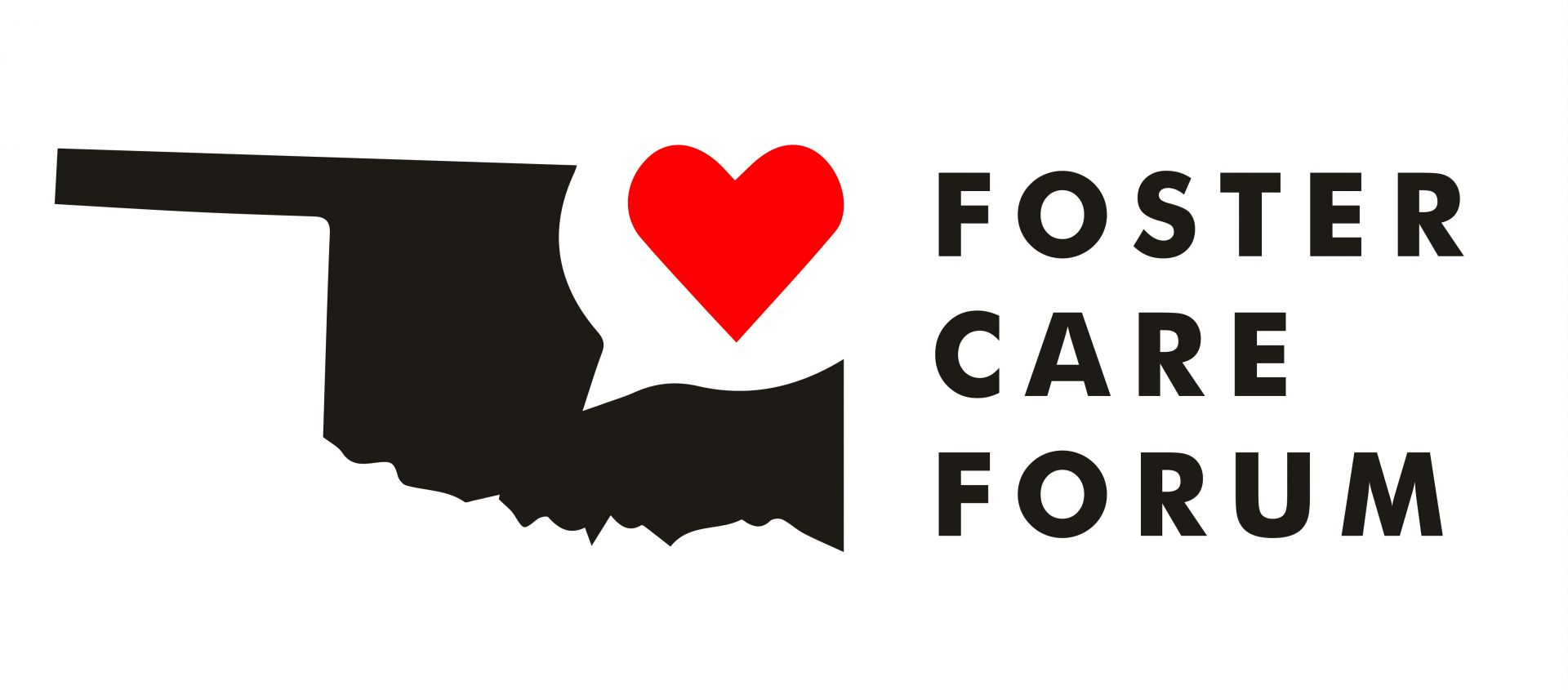
by Ashley Haupt | May 22, 2014
No one wants to think about child victimization. As a mother of four kids and a hyper-sensitive person with a vivid imagination, me least of all. But it happens. Consider these sobering statistics:
- According to The Children’s Assessment Center, 500,000 babies will be born in the U.S. this year and abused before they reach the age of 18.
- Females are at a greater risk than males.
- Children are most vulnerable to sexual abuse between the ages of 7-13.
- 73 percent of child victims will not report the abuse for at least a year.
- 70 percent of all reported sexual abuse happens to youth 17 and under.
These facts summon fear in our hearts like a maelstrom. But let us be informed rather than afraid. Let us be proactive rather than frozen. Let us overcome our embarrassment and open the lines of communication with our smallest, most vulnerable family members. I have two suggestions for parents to help guard their children against silent suffering in sexual abuse. First, a tool.
 The Swimsuit Lesson, written by a former police officer, detective, and father of six, is a powerful family resource to help parents gently educate their kids about sexual abuse. After prosecuting dozens of cases of child sexual assault cases, Jon Holsten has made it his goal through speaking and writing to help parents protect their children from sexual predators. He wrote this book to give parents a tangible way to talk to their kids.
The Swimsuit Lesson, written by a former police officer, detective, and father of six, is a powerful family resource to help parents gently educate their kids about sexual abuse. After prosecuting dozens of cases of child sexual assault cases, Jon Holsten has made it his goal through speaking and writing to help parents protect their children from sexual predators. He wrote this book to give parents a tangible way to talk to their kids.
In the story, two kids are swimming on a summer day, and their mother takes the opportunity to talk about the special parts of their body, covered by their suits. She tells them how no one should touch them there except parents or doctors, and if someone should try, they should always tell Mom and Dad. The story is engaging, not explicit, and light-hearted with lovely water-color pictures. I read it with my kids, and they asked some innocent questions. The atmosphere was light-hearted, but I felt that they understood the message. Their private parts are private, and no one has a right to touch them there, even in jest. We used the real terms for private parts so there was no confusion. You don’t have to buy this book to have this conversation with your child; you can have the conversation today. Make sure they know where they should not be touched (except by you or a doctor for bathing or medical checkups), and that if they are touched there, they tell you. That is crucial.
The second suggestion I have is this: Teach your kids about powerful words. In our family, we are talking about powerful words. The first powerful word I have taught the kids is Stop. If they say Stop to each other, whether in tickling or interrupting or hitting or whatever, we are teaching them it is a powerful word, and the person must stop. That goes for us, too. If we as parents are teasing or tickling them, even in silly ways, and one of our kids says Stop, we stop. We respect the power of the word. (Other powerful words include hate, love, and no.) If your child knows they can say Stop and No and that those words have power, it can also benefit them later in those tumultuous teen years when peer pressure abounds.
As uncomfortable as it is to think and talk about these issues, it ranks right up there with swim lessons and crossing the road safely; it’s something we as parents need to do.

by Wade Crews | May 6, 2014
One of the reasons community relations is so near and dear to my heart is I have seen firsthand how God can work through His people to impact a community, and then a state and then a nation with this kind of effort. A catch-phrase today is “missional.”
Are we being missional? Are we a missional church? We want to be a missional people. Missional is scriptural and what we have been called to be. I would suggest that nothing is more missional than a Christian Community Relations Campaign and understanding what it means and why it should be pursued.
No organization worth its salt (and we are called to be salt) is ashamed to get engaged and participate in the community. They are members of social organizations, committees and other entities which positively impact the community. We complain about no prayer in school or at athletic events, but I would ask “When was the last time we had representation at a school board meeting or took the Principal to lunch?”
I appreciate Campus Crusade for Christ’s model of evangelizing college students, because there is no doctor, lawyer, banker, teacher, judge, coach or engineer who has not earned a college degree. Campus Crusade understands the difference between an outreach ministry and making organizational in-roads. We are no longer just a beacon on a hill which is attractive to those in need. As the old saying goes, “No one will care how much we know until they know how much we care”.
An argument I often hear is “All those people in community leadership and organizations are already churched, or they don’t care because they’re playing golf on Sunday mornings.” How do we know? If we don’t engage them and let them know who we are and what we can do for them, as organizations and individuals, then someone else will – and I can assure you, THAT “someone else” cares not about their eternity. If these needs were already being met, as some suggest, then why are the number of funerals performed at funeral homes on the rise?
Rotary, Chamber of Commerce, City Councils, State Capitols, Arts Councils, Parade Committees, Country Club boards, charities…..we should be participating, infiltrating and impacting them for the kingdom. We want “trickle down” mission-omics. Some would say “It will have no affect on our church growth or even get more people through our doors.” I would counter with “Neither do the efforts in Africa or India or Poland or Tibet…..but that doesn’t prevent us from sending people in a very missional way.”
When we were kids, we used to sing “Onward Christian Soldiers”, now we sing “If I could sit with You a while….” See the difference? No longer can we expect folks to walk in our doors simply because we exist and have extra room in the pews.
My study of the scriptures reveals Christ preaching many parables about going out, engaging the community, not burying talents, bringing people in to dinners and banquets, finding harvest workers, looking for sheep and coins and celebrating the return of lost brothers as well as even engaging and confronting our enemies with grace and love.
This is much different than an outreach program where you canvass a neighborhood or apartment complex. This is relational. It also calls for us to be accountable and walk the walk as well as talk the talk. This effort may take years to bear fruit. We want to be the ones who offer the banquet prayer or are invited to the social function to represent righteousness and peace. Our salt should make our community thirsty for Living Water and our light should reveal The Well .

by Caleb Gordon | May 5, 2014
A community is strong when its families are strong.
There is an all out attack on the family. The devil wants nothing more than to see our communities fall apart and descend into chaos.
Ladies and gentlemen, our marching orders are here. Defend the family. Hold it as sacred. Fight for your spouse!
Do you remember standing at the alter looking into her/his eyes?
Do you remember saying those words ‘until death do us part!’?
Those words mean just that!!
They are saying simply this: I won’t leave until my heart stops beating.
How difficult is that?
Well, if you’re in the middle of a crazy marriage then those words are pretty difficult.
I want to give you a few things to put your marriage back on the path it needs to be on.
1. You HAVE to be in prayer WITH EACH OTHER!!! Dedicate time to pray together over everything, not just the big things. IF you pray over the small things, the big things won’t seem so big anymore.
2. Put your spouse’s needs above your children’s needs. I see so many marriages that focus so much on the kids, and because of that they fall apart. The maintenance that was needed to maintain the marriage was never done, because the children were the focus. Make your husband/wife the focus, and your kids will reap the benefits of that.
3. Read and study God’s word TOGETHER! Open your Bible and read it, listen to sermons together…it will bring you together. Here are some great resources/sermons I personally suggest to get you started studying God’s word.
4. Get connected in GODLY community! What does that look like? Typically that means going to a church where you are known, and you know people. I don’t mean just showing up on Sunday mornings. I mean investing your life in people. Letting yourself be vulnerable and exposed to people. Letting people pray over you, letting people keep you accountable.
If you do these four simple steps consistently, you will win in your marriage. You have to abide in the vine of Jesus Christ, and His word must be present in your life in order to go where He wants you to go. IF we do these four simple things, our country will see transformation. I can promise you that!
You CAN DO THIS!

by James Hunt | Apr 24, 2014
You are invited to participate in a community event happening this coming Saturday in Tulsa as well as in Oklahoma City. The “Walk A Mile in My Shoes” foster care awareness and response event is scheduled for this Saturday, April 26, starting at 9 a.m. Tulsa’s event will meet at the Laura Dester Shelter, and OKC Metro area’s event will meet at the Bricktown Ballpark. In Bricktown, free parking will be provided in the lot across the street directly east of the ballpark. Just let them know you are participating in the Walk A Mile event.
Imagine being surprised at your front door by a police officer and an OKDHS case worker who inform you that you have just a few minutes to fill up a garbage bag with whatever personal belongings you can stuff therein and then leave your home … with these strangers … to an undisclosed location to be cared for … by more strangers. Welcome to the world of foster care. With over 11,000 in the custody of the state of Oklahoma’s foster system this is a tragic story repeated way too often.
What can you do to help? Maybe you aren’t at a place in life where you feel the freedom to foster or adopt; that’s fine. There’s a bunch of other ways to make a difference.
Come to one of the locations mentioned above and learn ways to serve these children of our own state – children who are living lives of pain and sorrow. Many vendors from our community, organizations dedicated to serving children and families at risk, will be on hand with displays and information about their organizations. Who knows, you may discover a way to get involved that fits who you are and where you are in life. Consider bring NEW shoes or NEW suitcases to donate for kid’s in state’s care. You may donate them at either of the Walk A Mile locations.
Registration is free but is required. For more information or to register go to: http://walkamilefostercareevent.com/.

by Chad Clement | Apr 14, 2014
There is a pubic debate circulating recently over the patient-level use of the overdose medication Narcan. The drug long used by EMTs and emergency room staff, immediately counteracts the effects of opioids such as heroin and has already saved more than 10,000 lives according to the CDC.
In recent days there has been a push to put this medication in the hands of the families of addicts to give parents and spouses a way to save the lives of their loved ones. The drug is not addictive and cannot be abused but only seventeen states currently allow a third party, usually a parent or spouse, to get a prescription.
In a recent press conference, Maine Governor Paul LePage made a case against putting Narcan in the hands of families, stating that it was “an excuse to stay addicted.” Perhaps he is right that some people will push the limits of overdosing, knowing they can fall back on the medicine. However, for the many mothers who have saved the lives of their children who were not breathing after an overdose, the issue is a simple one. There is no opportunity to learn a lesson or change your life if you don’t survive.
I believe the attitude of Gov. LePage is a very common one that insulates us from human suffering by taking away people’s human value and turning them into a “social issue”. In the same way, pro-choice advocates also use rhetoric and vocabulary to deprive unborn children of their humanity. They claim to be protecting women’s health and their rights, but the base truth is that people have been permitted to have personal priorities that trump the value of human life. The elderly are not far behind in this slide towards dehumanization. How long before life-saving medical treatment is severely rationed for those deemed “unworthy of treatment?”
I am proud to see the church in America taking on the battle for life on many different fronts, but could we be guilty of making calculated decisions on which people groups are “worthy” of being reached with the life-saving Gospel of Jesus Christ? It is no secret that as our cities are aging and the once middle-income areas become areas of poverty, there has been an exodus by the church to the suburbs. As a church planter and urban missionary, I have seen the shells of once-great churches left to decay in our urban areas.
I don’t see any malice in this flight whatsoever. We all want our children to be in a new church, a new school, and a new home. However, when will we take some personal responsibility for the vast mission field of lost people just a few miles in the rear-view mirror? Like the abortion activist, will we devalue their eternal souls and say to ourselves, “These people can’t be reached.” Or like those advocating to cut funding for medical treatment for seniors will we make a financial decision that it is “economically unfeasible” to reach the poverty areas of our community?
As with all social issues, the key to avoidance is to insulate yourself from human suffering. Jesus has called His church to rescue people not just from human suffering, but from eternal suffering.
The people who come to serve on mission trips to help us reach poverty areas, often times tell us that it has been an eye-opening experience. It’s not just the hardship they see that changes their perspective; it’s the tenderness of the children when a person comes to show the love of God to them. I believe the key to restoring humanity and reaching people with the Gospel is to learn one person’s name. The rhetoric and reasoning that insulate us loosens all power with a handshake and a name like Tyree, Jasmine or Christopher.
Martin Luther King Jr. in his final sermon preached on the Good Samaritan. He stated that there were two questions on the road that day. The priest and the Levite asked themselves “What will happen to me if I stop to help that man?” The Samaritan asked “What will happen to that man if I don’t stop?” If we are to fulfill the Great Commission, we must have eyes to see past the desensitizing social rhetoric that will surely bear no weight when we stand before our Savior and give an account for the number of our days.

by James Hunt | Apr 10, 2014
What’s in a number? A number by itself only exists as a concept. However, when applied to something tangible it takes on meaning.
For instance, my son went to the doctor the other day. They checked his weight (a number), took his blood pressure (more numbers), and asked his age (another number). Each number resulting from the three inquiries at the doctor’s office took on meaning when attached to something tangible.
Of course this is true in silly examples like, “How many tacos do I want to eat?” Or, “Is 10 minutes of power walking okay instead of the 30 that I first intended?” The former will contribute to my girth and the latter to my energy level and cardio health. Numbers need application to actually mean something.
Here’s a number for your consideration: 11,606. That’s the number of kids in foster care in the custody of the state of Oklahoma as of February 28, 2014. Out of that number 1,073 were in trial reunification with biological parents – but still in the custody of the state. This means that 10,533 Oklahoma children are in the custody of the state and living in an environment somewhere that is not “home.” By the way, the number of kids in foster care at the end of January 2014 was 11,121. An increase of 485 children removed from situations of abuse and neglect occurred in Oklahoma in just one month!
Be careful not to miss the fact that the stats are more than simply numbers. Statistics really consist of individual stories, the personal, tear-stained faces as well as the traumatized perspectives of each child making up that increase of 485.
In 2011 my wife and I attended a gathering called “8046 Conference.” We were interested in learning all we could about the need of children in state’s care, as well as discovering ideas on how to lead God’s people, in particular, Council Road Baptist Church, to make a difference in Jesus’ name.
We also attended the next year’s gathering but under a different name: “8308 Conference.” Why did the leadership of these annual gatherings focused on foster care and adoption choose a number for a name? The numbers 8046 and 8308 represented the number of kids in the foster system in Oklahoma at the beginning of 2011 and 2012. You will note the sharp increase in the number in state’s custody from 2011 to the present. Sad indeed.
The Oklahoma Foster Care Forum is the updated name of this conference. The leadership of the gathering changed the name in 2013. This year’s conference, for the western region of the state, will be on Thursday, April 24, from 9 a.m. – 4 p.m. at North Church in Oklahoma City. Should you choose to attend you will hear from area professionals as well as foster and adoptive parents. You will be inspired and encouraged and resourced to move toward the legal orphans in our own state.
I hope you’ll consider joining us for this regional event. Check out the website for more information and to register for this free event: okfostercareforum.org.

 The Swimsuit Lesson, written by a former police officer, detective, and father of six, is a powerful family resource to help parents gently educate their kids about sexual abuse. After prosecuting dozens of cases of child sexual assault cases, Jon Holsten has made it his goal through speaking and writing to help parents protect their children from sexual predators. He wrote this book to give parents a tangible way to talk to their kids.
The Swimsuit Lesson, written by a former police officer, detective, and father of six, is a powerful family resource to help parents gently educate their kids about sexual abuse. After prosecuting dozens of cases of child sexual assault cases, Jon Holsten has made it his goal through speaking and writing to help parents protect their children from sexual predators. He wrote this book to give parents a tangible way to talk to their kids.



